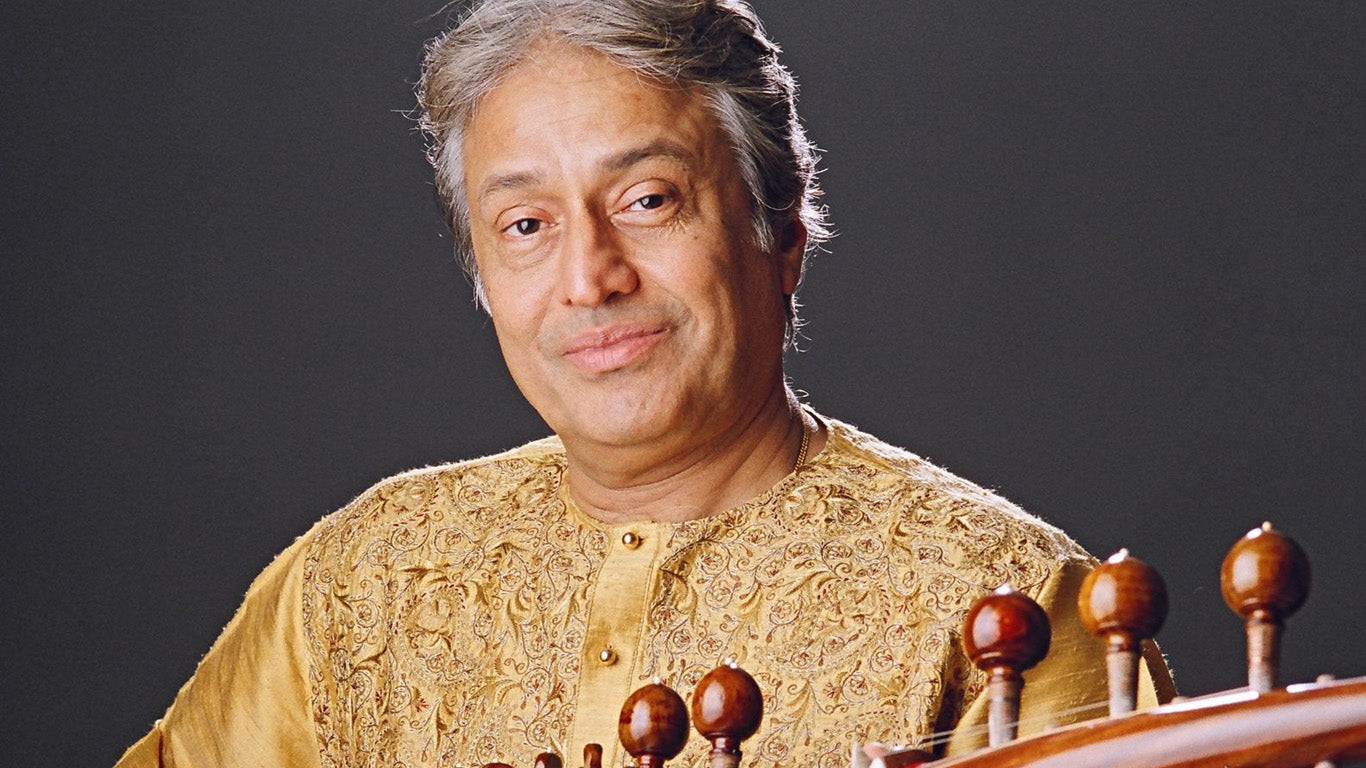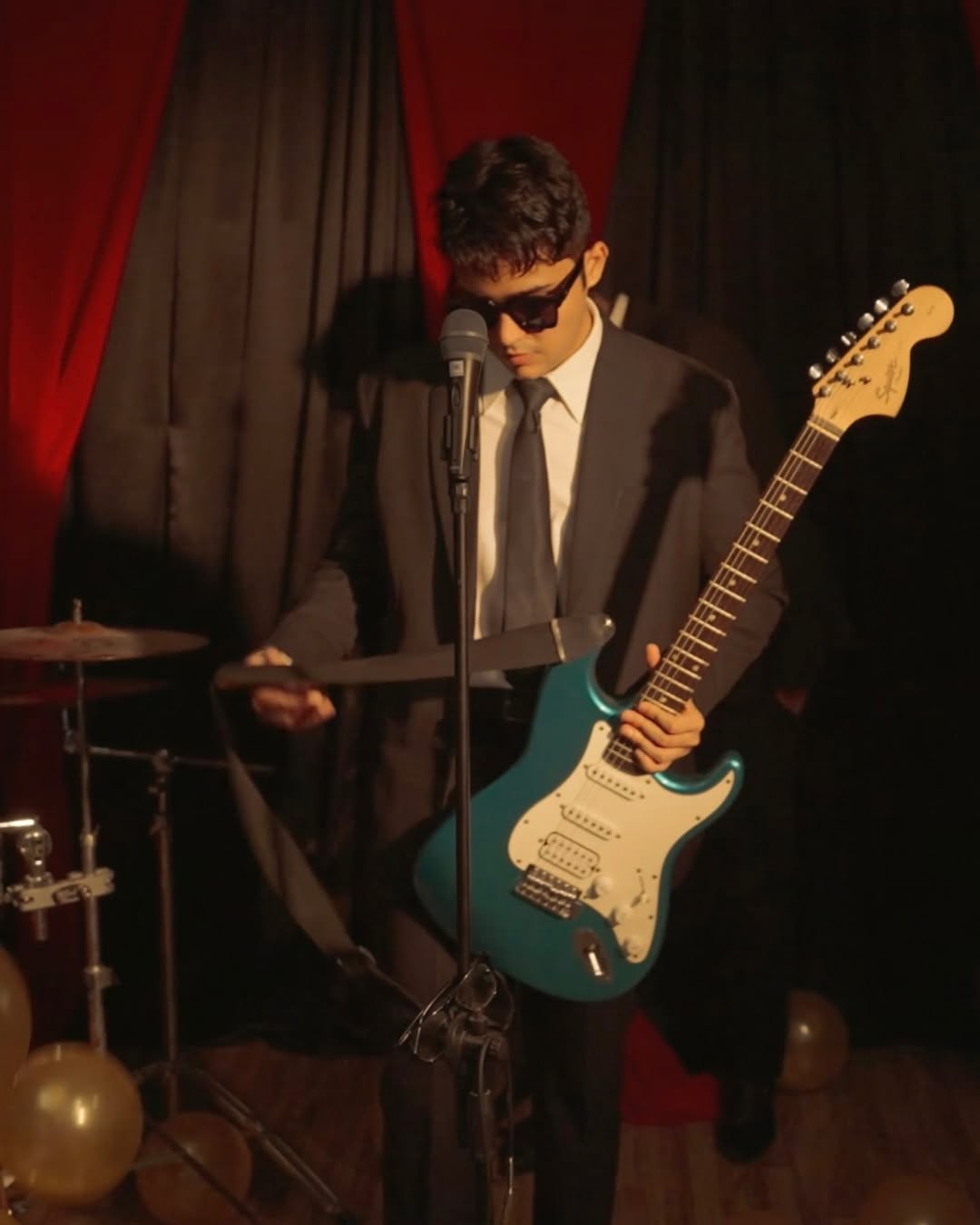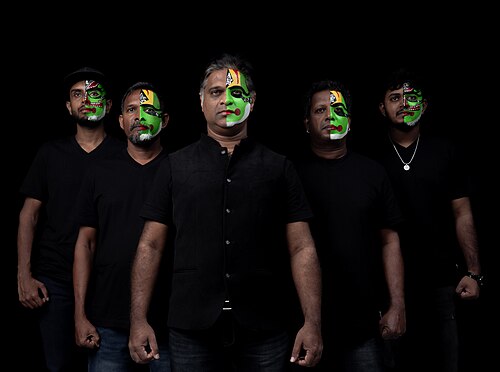Ustad Amjad Ali Khan Discussing His Heritage

Ustad Amjad Ali Khan's lineage traces back to Kabul, where his forefathers engaged in horse trading and played the rabab, a lute-like musical instrument. This instrument served as a precursor to the North Indian sarod, differing in having frets.
The Bangash tribesmen eventually settled in Rewa, central India, after serving as soldiers under various rulers and evolved into court musicians.
Among the early arrivals was Mohammed Hashmi Khan Bangash, whose descendant, Ghulam Ali Khan, together with his cousins (or nephews) Enayet Ali and Niyamatullah Khan, laid the foundation for the Gharana.
Ghulam Ali Khan had three sons: Hussein Ali, Murad Ali, and Nanne Khan. Nanne Khan's offspring included the renowned Sarod maestro Ustad Hafiz Ali Khan, who, in turn, had three sons: Mubarak Ali, Rehmat Ali, and Ustad Amjad Ali Khan.
Ustad Amjad Ali Khan, like his ancestors, learned music from Mian Tansen's descendants and greatly improved Sarod playing techniques.
Khan plays the sarod in a way that people haven’t heard before; he mixes simple tunes with fancy note patterns called "ekhara taans" that go up and down the scale. He also customises his instrument by taking away some strings to make it sound special.

He composed the Priyadarshini Raga in tribute to Indira Gandhi, the Kamal Shree Raga in honor of Rajiv Gandhi in 1991, and the Raga Jawahar Manjari during the centenary celebrations of Pandit Jawaharlal Nehru in London in 1990.
In 2014, he performed his 'Raga for Peace' at the Nobel Peace Prize Concert in Oslo, Norway, and collaborated with the Norwegian Radio Orchestra in 2018.
In 1990, a biopic on his life won the Filmfare Award for Best Documentary. In the United States, the state of Massachusetts declared 20 April as 'Ustad Amjad Ali Khan Day'.
Khan has received a slew of accolades for his contributions to music and culture, including the Padma Shri in 1975, the Sangeet Natak Akademi Award and the Tansen Award in 1989, the Padma Bhushan in 1991, and the Fukuoka Asian Culture Prize in 2004.
His innovative techniques and mastery of intricate ragas have not only preserved the rich heritage of classical music but also pushed its boundaries. A true legend.
Read more : The Maestro Ilaiyaraaja




Comments